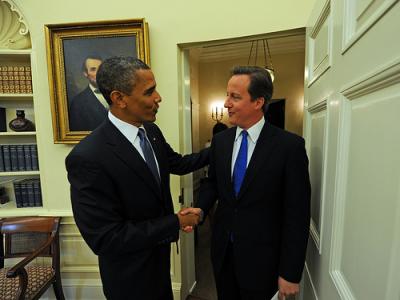By National Health Action.
The Health and Social Care Act and the regulations for implementing it change the nature of the NHS for corporate benefit. Obligatory competitive tendering effectively means privatising. And because this is the UK – a very ‘open’ economy the investment opportunities created in this process for access to NHS funding are simultaneously ‘liberalised’, which means open to transnational investors.
In this process, priorities change from patient care to ensuring corporate rights, from spending directly on health care to investor dividends. The UK NHS becomes much more like the corporatebenefit US health care system which has very high spending while many people have no health care.
Now a US/EU free trade agreement has been launched, formally called the Transatlantic Trade and Investment Partnership (TTIP). When TTIP negotiations are completed and the deal is signed, even if the changes to the NHS prove to be disastrous, they will become irreversible because corporations will have the right to sue the UK government for any attempts at ‘reversals’ that limit future corporate profits.
Trade agreements such as the TTIP are for the benefit of, and are promoted by, transnational corporations, and particularly financial service corporations. Therefore the UK is at the forefront of promoting them on behalf of the City of London.
Giving transnational corporations rights to access public procurement that’s all government spending including spending on public services like the NHS is now a major part of international trade agreements.
Contrary to the official pretence, this trade deal is not about tariff reductions on goods so that goods become cheaper. There are only very low goods tariffs between the EU and the US. The deal is much more about services and it is via tradeinservices that corporations gain rights to operate while governments’ rights to control corporations are correspondingly curtailed. Thus, in these deals, democracy loses out to corporate power.
In addition to the liberalisation of services, that is opening service investment opportunities to transnational investors and making trade agreement commitments to keep them open, the TTIP also prioritises ‘regulatory harmonisation’. This means bringing together the regulatory frameworks of the EU and the US, making them much more alike. Many areas of our lives will be affected, such as food safety. Generally, standards will go down, including for health protection.






